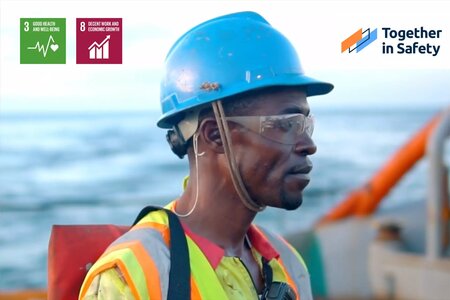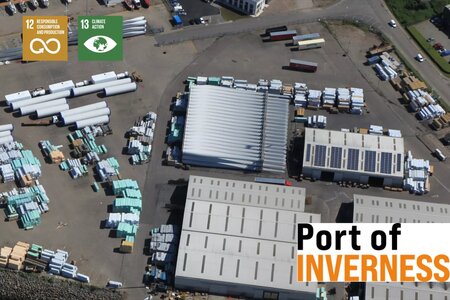What is the ESG toolkit?
TT Club stands together with its Members in providing access to this ESG supply chain toolkit. This is a resource where you can access insight, educational content and support focused on a range of environmental, social and governance (ESG) topics to assist your business to navigate your unique ESG journey. Of course, each business is unique, and therefore it is essential to undertake thorough due diligence prior to engaging with any service provider.
In collaboration with our Members, strategic partners and service providers, this toolkit aspires to demystify complex matters and provides signposts to strategies and solutions to challenges such as emissions calculation, reduction and reporting, alongside social aspects such as attracting and retaining staff and maintaining their well-being.
Developing over time, this ESG toolkit will showcase success stories from the industry and demonstrate the art of the possible through a series of case studies, providing building blocks for your business to consider incorporating into your ESG strategy.
Contact us
ESG case studies
Our partners
BSI
TT Club and BSI have partnered for a number of years, particularly around the topic of supply chain security. BSI deliver environmental, health and safety, security and sustainability services to the industry, and have become a key partner for TT Club in the context of the ESG toolkit.
RightShip
RightShip was recognised by TT Club as a crucial partner in providing Members with insightful information and useful tools to help them on their path to net zero emissions.
Pledge
Pledge, a supplier of sustainability tools designed for goods forwarders, was recognised by TT Club as a crucial collaborator in the creation of the ESG toolkit.
How is TT Club focusing on its own ESG journey?
Find out more about how TT has committed to a focus on improving with regards to ESG matters.





